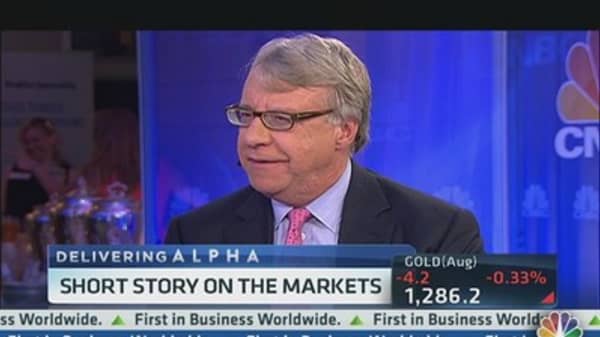The International Monetary Fund is sticking to its somewhat bullish forecast for China to grow 7.75 percent this year, but warned that policy makers must urgently address imbalances in the economy to avoid future shocks.
In the body's annual report on the Chinese economy, it urged Beijing to push ahead with another round of "decisive measures" to ensure that the country transitions from an investment-led economy to a more consumer-focused and environmentally friendly one.
It said that Chinese policy makers have the resources to control any potential shocks to the economy but these means were limited, it said.
(Read More: The long game: Why a China slowdown isn't scary)
"While China still has significant buffers to weather shocks, the margins of safety are diminishing," the report said.
Monday's official gross domestic product (GDP) data confirmed that growth in world's second largest economy was slowing. The nation grew 7.5 percent in the second quarter from a year earlier, down from the 7.7 percent on year pace logged in the first quarter.






